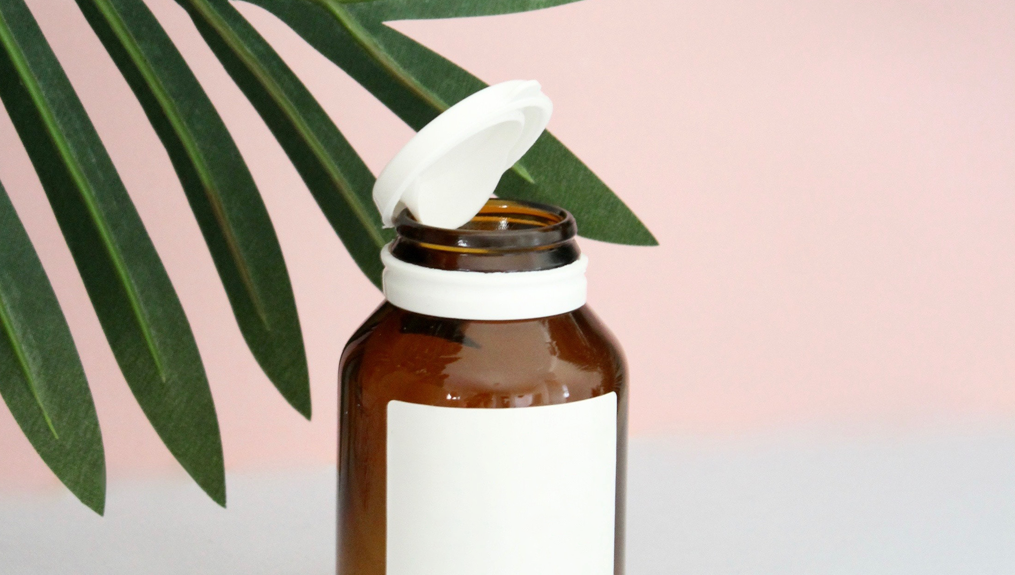[F]rom flat-tummy tea to insomnia-treating melatonin, the FDA is launching its largest crackdown on the dietary supplement market in 25 years. The crackdown started in February, when the FDA sent 12 warning letters and five online advisory letters to foreign and domestic companies that are illegally selling dietary supplements that are unapproved new and/or misbranded drugs that claim to prevent, treat, or cure Alzheimer’s disease and a number of other serious diseases and health conditions.
Some of the claims specifically called out in the FDA letters sent to companies were associated with Green Tea and Green Coffee extract:
“Green Tea Extract … Green Tea’s polyphenols are scientifically proven to … reduce a woman’s risk for heart disease.”
“Green Tea Extract … possesses a wide range of therapeutic properties that are used in the treatment and prevention of some forms of cancer, Parkinson’s disease, human papilloma virus, and kidney stones.”
“Green Coffee Beans … The extract has also shown positive effects in the regulation of high blood pressure and as an anti-diabetic supplement.”
“Green Coffee Beans … use of chlorogenic acid from green coffee bean extracts as an important inhibitor of diet-related obesity and obesity-related metabolic syndrome … [and] promote significant weight loss in individuals who suffer from morbid obesity. The extract has also shown positive effects in the regulation of high blood pressure and as an anti-diabetic supplement.”
“One of my top goals is ensuring that we achieve the right balance between preserving consumers’ access to lawful supplements, while still upholding our solemn obligation to protect the public from unsafe and unlawful products,” says FDA Commissioner Scott Gottlieb, M.D., in a news release published by the agency, “and holding accountable those actors who are unable or unwilling to comply with the requirements of the law.”
Gottlieb also points out, “Such claims can harm patients by discouraging them from seeking FDA-approved medical products that have been demonstrated to be safe and effective for these medical conditions.”
The FDA will continue to monitor the supplement industry and take action against companies making similar claims for the treatment of serious conditions such as cancer and opioid addiction.
Fresh Cup reached out to Katharine P. Burnett, the founding director of the Global Tea Initiative, for her advice on how companies promoting the health benefits of tea should respond to this news:
“[Global Tea Initiative] recommends that the tea industry members should make sure that all claims are substantiated. Whenever claims are not substantiated, then it would be best to note that the claims are anecdotal only. This doesn’t help the public much, but it is fair, and people appreciate fair and honest. Researchers around the world and at UC Davis are working hard to back up many of these claims—or prove they are baseless.”
As the Global Tea Initiative updates its website, the organization will be providing a curated list of trusted scholarship on tea, including proven health benefits. Stay tuned to globaltea.ucdavis.edu for updates.













